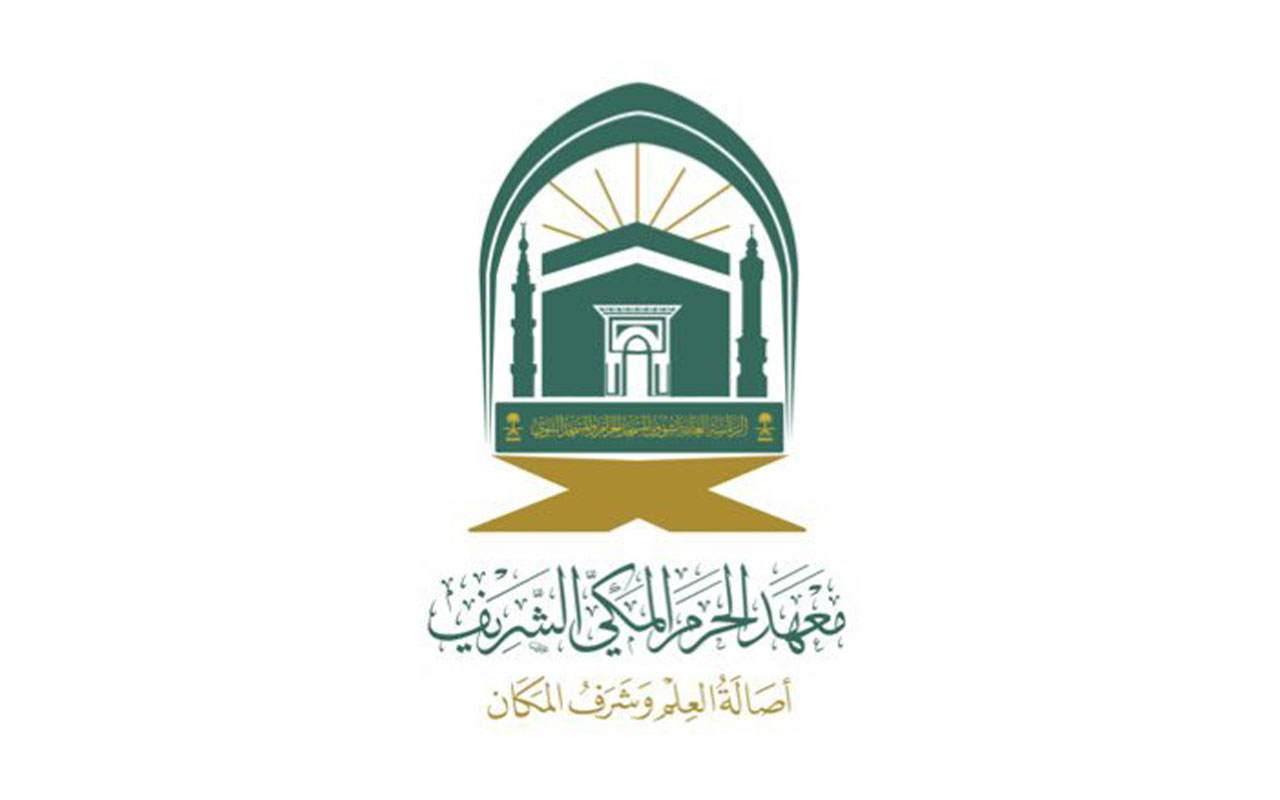The Holy Mosque Institute
The Holy Mosque Institute is a specialized scientific institution focused on Islamic jurisprudence, based in the Grand Mosque in Makkah al-Mukarramah, Kingdom of Saudi Arabia. The idea of establishing the institute was proposed in 1965 by Sheikh Abdullah Bin Humaid, the head of religious affairs of the Grand Mosque. He suggested to King Faisal Bin Abdulaziz Al Saud the creation of a religious institute within the precincts of the Grand Mosque. The purpose was to create a center for education, guidance, cultural enrichment, and preparation of students of Islamic knowledge from all over the world.
Objectives of the Holy Mosque Institute
The Holy Mosque Institute contributes to facilitating access to knowledge and ensures gradual progression in learning. It grants accredited academic certificates to its graduates and emphasizes the principles of moderation and balance by connecting students with the Quran and Sunnah, according to the understanding of the righteous predecessors. The institute aims to prepare well-grounded and influential Islamic scholars, strengthen the relationship between its students and established scholars, and fulfill the global mission of the Grand Mosque by attracting students from around the world. The institute focuses on enhancing the educational and cultural levels of its students, highlighting the Kingdom's role in serving knowledge and scholars at the Grand Mosque, and paying attention to the educational and skill development of the students and staff of the Holy Mosque Institute. Additionally, it supports the departments of the General Presidency for the Affairs of the Grand Mosque and the Prophet's Mosque with distinguished academic talents.
Curriculum of the Holy Mosque Institute
The Holy Mosque Institute adopts a curriculum that includes teaching various subjects in Islamic jurisprudence, the Arabic language, and supplementary subjects. It awards accredited certificates. The institute's classes are held in the King Fahd Expansion of the Grand Mosque in Makkah al-Mukarramah.
Since its establishment until 2021, the Holy Mosque Institute has graduated five thousand students. Many of its graduates have become prominent and influential scholars, sheikhs, and influencers in the community, such as the esteemed Imam and preacher of the Grand Mosque, Dr. Omar Bin Mohammed al-Subail, and the esteemed Sheikh and teacher at the Grand Mosque and Dar al-Hadith al-Khairiyah, Mohammed Bin Ali Adam
Educational stages at the Holy Mosque Institute
The Holy Mosque Institute comprises two educational stages: the intermediate level and the secondary level. These stages are distributed across forty-two classrooms, with thirty-one classrooms dedicated to the boys' section and eleven classrooms dedicated to the girls' section. Each classroom has its designated location within the Grand Mosque. The number of weekly classes for both the intermediate and secondary sections includes twenty-four classes. In total, the institute conducts approximately four thousand lessons per month. The institute employs around 120 staff members, including both administrative personnel and faculty, across its male and female sections. More than 2,790 male and female students are enrolled in all educational stages.
Development of the Holy Mosque Institute
To enhance the institute's development programs, an agreement was signed with 'Classera' in July 2019 to establish a 'distance learning' system at the Holy Mosque Institute. This system enables students to register for programs and attend them electronically through interactive live broadcasts. Additionally, it allows students to interact with lesson content or subject-specific tests through the electronic system.
This agreement represented the second phase in the digital transformation of the institute's initiatives. The first phase began with a partnership with 'Classera' to achieve a significant shift towards digital learning at the Holy Mosque Institute. It aimed to reach two hundred thousand beneficiaries worldwide.
The development efforts at the Holy Mosque Institute continued with the launch of an online application link in June 2021. This was aimed at facilitating the enrollment process for students for the 2021 academic year across all educational stages: intermediate, secondary, evening section, and the women's section.
